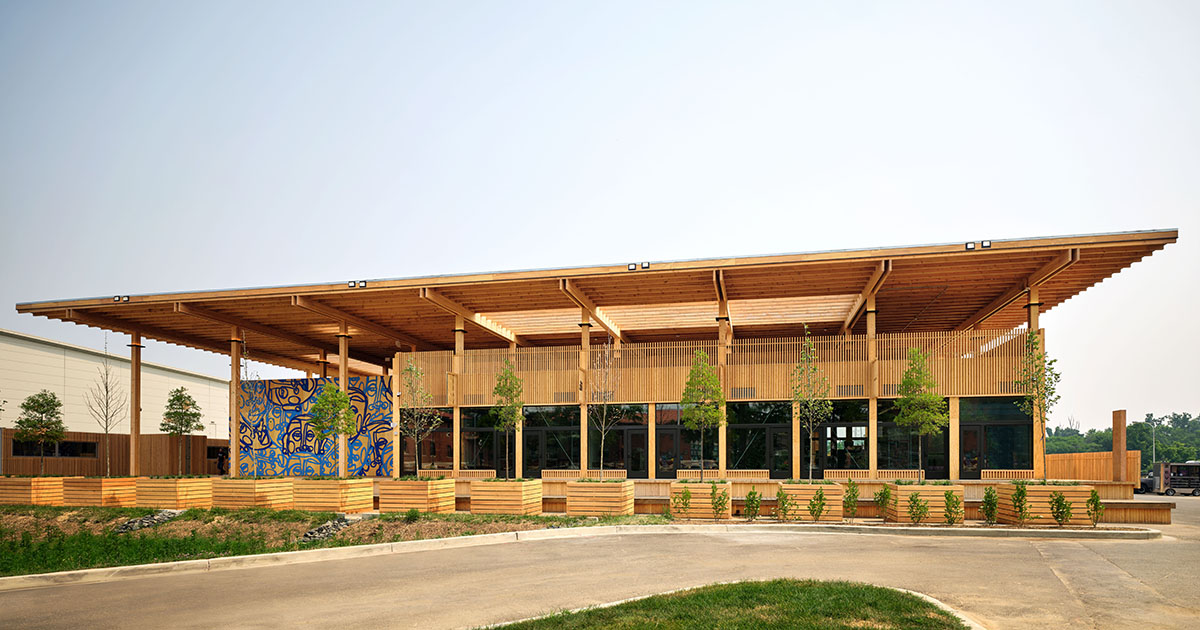North Carolina
PFAS level contaminate drinking water in over 20 counties in North Carolina
/cloudfront-us-east-1.images.arcpublishing.com/gray/CU7SI7PZ5FD6FFXJXAOQ43C6DE.png)
GREENVILLE, N.C. (WITN) -How safe is your drinking water? A new report from the Environmental Protection Agency (EPA) says that 20 new drinking water systems across North Carolina have been identified to exceed the proposed safe levels for toxic PFAS contaminants known as “forever chemicals.”
According to the Environmental Working Group (EWG), being exposed to PFAS chemicals can lead to cancer, thyroid diseases, weakened childhood immunity, and other health problems.
That is why the EPA proposed regulating lower levels of PFAS, but many counties in North Carolina are not meeting that level yet.
Water is an essential part of life.
However, a new report from the EPA shows that much of the country’s drinking supply is now contaminated with so-called forever chemicals known as PFAS, and despite efforts to filter it out of drinking water systems, experts say it’s not that simple.
Riley Lewis, the White Oak waterkeeper says, “Hopefully in the next couple of years we’ll be able to have safe drinking water. however, this is going to be very expensive and hard to implement for these water treatment facilities. especially since there are so many ways these pollutants are still entering our environment, groundwater, and our homes.
The EPA’s report shows that some of the affected sites are here in eastern North Carolina, including the Greenville Utilities Commission, Neuse Regional Water and Sewer Authority which covers Lenoir and Pitt Counties, and Martin Country Regional WASA.
It says that some of the chemicals detected were bromate, chloroform, and chromium, all of which are known to cause cancer.
Officials with the GUC say that’s why they are already taking steps to keep the water as clean as possible.
Steve Hawley, the public information officer at Greenville Utilities told WITN, “We’ll continue to do the testing that we have to do, we’ll continue to monitor other water treatment plants and see what they’re doing to lower the levels, and we’ll also stay in touch with water organizations to study the best practices.”
Researchers at East Carolina University say there are also steps individuals can take to be better prepared.
Jamie DeWitt, the ECU pharmacology and toxicology professor shared, “Arming yourself with information is the first step to reducing your exposure and reducing your health risk. find out where your water comes from, find out what type of filtration is used, find out if you need to install filtration, and then find out how you can minimize your exposure through products at your home.”
According to Professor Jamie Dewitt, people can purchase filtration systems with granular activated carbon filters or reverse osmosis to filter out most PFAS in the water.
Currently, there are only safety recommendations called health advisories for PFAS levels in drinking water.
The EPA has pledged to finalize PFAS drinking water standards by the end of the year and utilities will then likely have three to five years to comply.
Legal limits for contaminants in tap water have not been updated in almost two decades.
Copyright 2023 WITN. All rights reserved.

North Carolina
Six community college leaders make Business NC’s Power List 2024, named most influential people in North Carolina

RALEIGH, N.C., May 23, 2024 /PRNewswire/ — Business North Carolina announced its Power List 2024 at an evening reception in Raleigh on April 25. Four community college presidents and two members of the North Carolina State Board of Community Colleges were among the 500 individuals named as the most influential people in North Carolina.
“I couldn’t be prouder to have four of our fantastic local presidents and two state board members all making Business NC’s list of most influential leaders across our great state. This underscores the tremendous value our community colleges are making across North Carolina,” said System President, Dr. Jeff Cox.
Dr. Scott Ralls, renowned for his innovative leadership at Wake Technical Community College, has spearheaded initiatives that bridge the gap between education and workforce needs, ensuring students are equipped with the skills necessary to thrive in today’s competitive job market.
Dr. Kandi Deitemeyer, President of Central Piedmont Community College, has been instrumental in fostering partnerships with local industries, facilitating workforce training programs that address the evolving needs of employers and empower students to achieve their career aspirations. She has led Central Piedmont since 2017.
Dr. Laura Leatherwood, President of Blue Ridge Community College, has demonstrated a steadfast commitment to expanding access to quality education in rural areas, empowering individuals to pursue higher education and contribute meaningfully to their communities. Leatherwood was named President of the Year in 2022 and has led Blue Ridge since 2017.
Dr. John Hauser, President of Gaston College, has been a driving force behind initiatives aimed at promoting student success and enhancing educational opportunities for underserved populations, ensuring that all students have the support they need to achieve their academic and professional goals. Hauser became president of Gaston in 2020 after leading Carteret Community College.
Tom Looney became chair of the North Carolina State Board of Community Colleges in July 2023, bringing extensive business and education experience to the position. He chaired the Wake Technical Community College and North Carolina School of Science and Mathematics boards for a combined six years.
John Kane is Raleigh’s best-known developer and recently retitled himself founder and chair of Kane Realty, a company he started nearly 50 years ago. In November, he was sworn in as a new member of the North Carolina State Board of Community Colleges.
SOURCE North Carolina Community College System
North Carolina
Southwood High School and San Diego Charger alum Stan Humphries wins North Carolina golf tournament

DURHAM, NC (KSLA) – Stan Humphries continues to collect victories, decades after his NFL playing career ended.
The Southwood High School alum won the 42nd annual Dale Morey Championships in Durham, North Carolina.
The former ULM Warhawks and San Diego Charger quarterback shot a -3-under 213 over a three-day period, including winning the tournament by one shot.
Humphries was taken in the sixth round of the 1988 NFL Draft by Washington. In 1992, he was traded to the Chargers. During his time in San Diego, the quarterback led the franchise to their lone Super Bowl appearance in 1994.
Copyright 2024 KSLA. All rights reserved.
North Carolina
Invasive pest impacting Eastern North Carolina trees

GREENVILLE, N.C. (WITN) – A highly invasive beetle, not new to North Carolina, has now made its way into the East.
According to the North Carolina Forest Service, the Emerald Ash Borer has now impacted five new counties in ENC, infecting and killing ash trees.
The metallic green beetle bores into trees and feeds on tissues beneath the bark. Typically, by the time you see any symptoms, the tree is too far gone.
According to Pitt County Extension Director, Matt Stevens, the beetle was first found in the state in June of 2013. The invasive species is now impacting counties such as Bertie, Duplin, Anson, Sampson, and Martin. The total number of affected counties in the state is 76.
“They are winged insects so they do fly and migrate sort of that way but they are also transported by plant material and firewood especially. Sometimes you go camping and they have warnings about not bringing in firewood or taking firewood from the location and it’s because of the emerald ash borer that they don’t want to spread,” Stevens said.
According to the N-C Forest Service, the entire state is under quarantine for the beetle. That prohibits the movement of ash plant parts, the insect itself, ash nursery stock, and all hardwood firewood into non-quarantined areas, including some neighboring states.
The state forest service recommends people burn local or treated firewood to reduce the spread of invasive pests.
People who suspect an infested tree in an area should contact their county ranger.
Copyright 2024 WITN. All rights reserved.
-

 World1 week ago
World1 week agoPro-Palestinian university students in the Netherlands uphold protest
-

 Politics1 week ago
Politics1 week agoReports of Biden White House keeping 'sensitive' Hamas intel from Israel draws outrage
-

 Politics1 week ago
Politics1 week agoSouthern border migrant encounters decrease slightly but gotaways still surge under Biden
-

 Politics1 week ago
Politics1 week agoWhite House walks diplomatic tightrope on Israel amid contradictory messaging: 'You can't have it both ways'
-

 World1 week ago
World1 week agoSlovakia PM Robert Fico in ‘very serious’ condition after being shot
-

 Politics1 week ago
Politics1 week agoDem newcomer aims for history with primary win over wealthy controversial congressman
-

 Politics1 week ago
Politics1 week agoJill Biden tells Arizona college graduates 'community colleges should be free in America'
-

 News1 week ago
News1 week agoDespite state bans, abortions nationwide are up, driven by telehealth


















